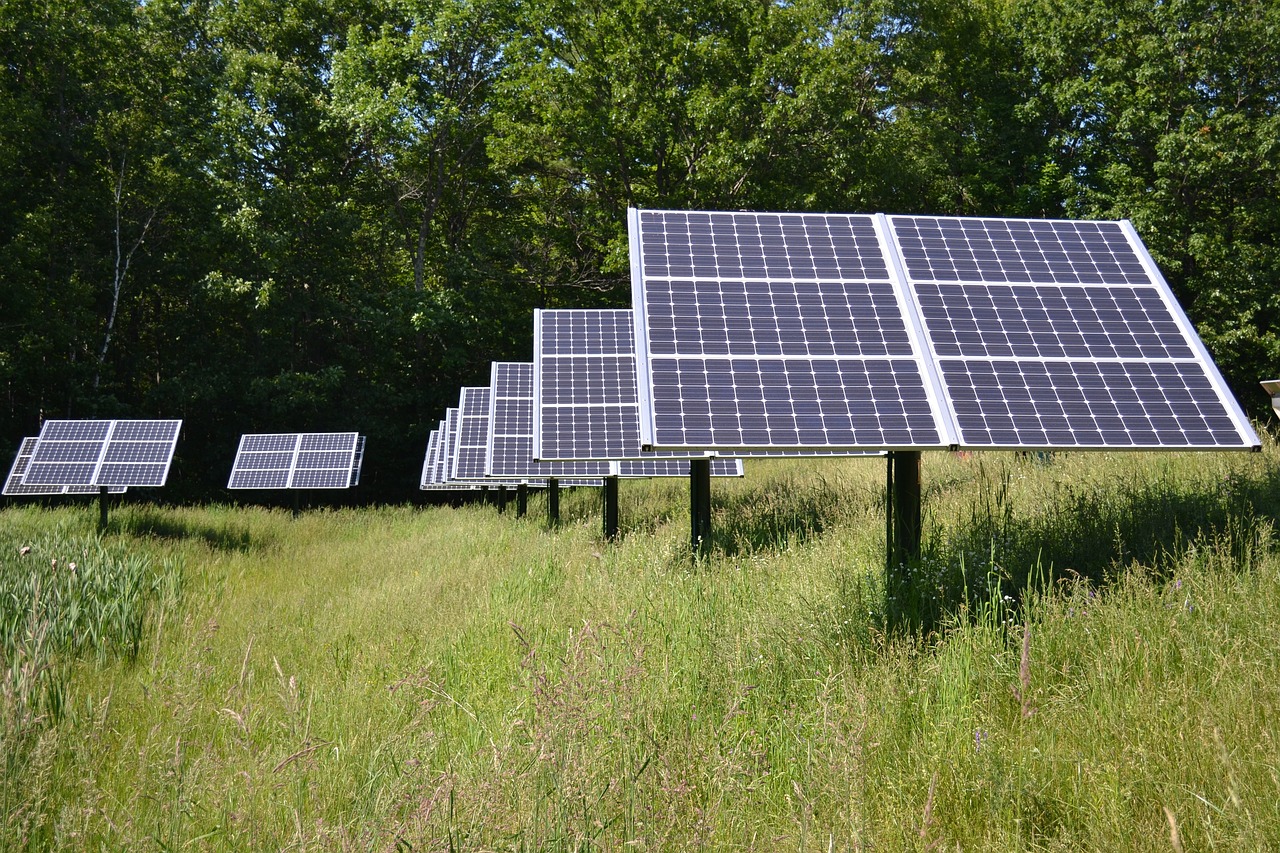As the world increasingly focuses on sustainable practices, businesses are turning to renewable energy systems to reduce their environmental impact, lower operational costs, and fulfill corporate social responsibility (CSR) commitments. This comprehensive guide explores various types of renewable energy systems suitable for commercial use, detailing their benefits and applications.
Types of Renewable Energy Systems
1. Solar Photovoltaic (PV) Systems
- Functionality: Solar panels convert sunlight into electricity using photovoltaic cells. This electricity can power business operations or be stored for future use.
- Applications: Ideal for businesses with ample roof space or land, solar PV systems can be installed on rooftops or as ground-mounted arrays.
- Benefits: Significant reduction in electricity bills, potential income from feed-in tariffs or the Smart Export Guarantee (SEG), and enhanced energy independence.
2. Wind Turbines
- Functionality: Wind turbines harness wind energy to generate electricity. Small-scale turbines are suitable for commercial use in areas with consistent wind speeds.
- Applications: Best for businesses in rural or open areas with high wind potential.
- Benefits: Low operational costs, substantial energy savings, and minimal environmental footprint.
3. Biomass Energy Systems
- Functionality: Biomass systems generate electricity and heat by burning organic materials such as wood, agricultural residues, and waste.
- Applications: Ideal for businesses producing organic waste, such as those in the agriculture or food processing sectors.
- Benefits: Reduces waste disposal costs, provides a reliable energy source, and supports waste-to-energy initiatives.
4. Hydropower Systems
- Functionality: Small-scale hydropower systems utilize flowing or falling water to generate electricity.
- Applications: Suitable for businesses located near water sources like rivers or streams.
- Benefits: Continuous and reliable energy supply, low operational costs, and minimal emissions.
5. Geothermal Energy Systems
- Functionality: Geothermal systems exploit the Earth’s heat to generate electricity and provide heating.
- Applications: Best for businesses in regions with geothermal activity.
- Benefits: Stable energy supply, reduced heating and cooling costs, and a small land footprint.
Benefits of Adopting Renewable Energy Systems
1. Cost Savings
- Energy Bill Reduction: Renewable energy systems can significantly lower or even eliminate energy bills.
- Incentives and Grants: Government incentives, grants, and tax breaks make renewable energy investments more attractive.
- Long-Term Investment: Despite high initial costs, renewable energy systems offer substantial long-term savings and returns on investment.
2. Environmental Impact
- Carbon Footprint Reduction: Utilizing renewable energy reduces greenhouse gas emissions and mitigates climate change.
- Sustainable Practices: Adoption of renewable energy showcases a business’s commitment to sustainability and responsible practices.
3. Energy Independence
- Reliability: Renewable energy systems provide a stable and continuous energy supply, decreasing dependency on the grid and protecting against energy price volatility.
- Resilience: Businesses can maintain operations during power outages with on-site renewable energy systems, enhancing energy security.
4. Brand Reputation and CSR
- Corporate Social Responsibility: Implementing renewable energy is a key CSR initiative that can improve a company’s reputation.
- Consumer Trust: Consumers increasingly prefer businesses that adopt sustainable practices, which can boost customer loyalty and sales.
Getting Started with Renewable Energy
- Energy Audit: Conduct an energy audit to understand your business’s energy consumption and identify the best renewable energy solutions.
- Feasibility Study: Assess the feasibility of different renewable energy options based on location, energy needs, and budget.
- Consultation and Planning: Consult with renewable energy experts to design and plan the installation of your chosen systems.
- Installation and Maintenance: Choose reputable installers and ensure regular maintenance to maximize the efficiency and lifespan of your renewable energy systems.
Conclusion
Transitioning to renewable energy systems is a strategic move for businesses aiming to reduce costs, enhance sustainability, and improve their brand image. Understanding the various types of renewable energy systems and their benefits enables businesses to make informed decisions that align with their energy needs and sustainability goals.
For more detailed insights and expert advice on renewable energy solutions for your business, please contact us or visit our website.

